3D DIGITAL ARTIST
Start your 3D Journey from August 2025
Applications for Class 2025 are still open!
WORLD-CLASS DIGITAL ARTS EDUCATION
Designed to develop your skillset for a successful career in VFX, games, animation, and new media, our SU-approved programme combines practical hands-on training with a solid theoretical foundation and one-on-one mentorship.
We have a strategic collaboration with Abertay University, allowing you to achieve their accredited Bachelor of Honours in 3D Digital Arts upon passing your exams at CADA.
- 3.5-Year Programme
- BA (Hons) Degree from Abertay University
- Industry-Experienced Instructors
IS THE SCHOOL OF DIGITAL ARTS ANYTHING FOR ME?
CADA's 3D Digital Artist education is meticulously crafted for creative minds who envision a career in the digital visual industry.
Whether you're a budding artist with a passion for 3D, animation, and CGI, a tech enthusiast eager to delve into the world of game and film production, or an aspiring professional seeking to refine and elevate your skills in digital arts, this programme is your gateway.
Here, at CADA, we welcome students from diverse backgrounds, fostering an inclusive environment where each student's unique creative journey is valued and nurtured.

Dual Enrolment,
Single Commitment
Semester Overview
-
Semester 1
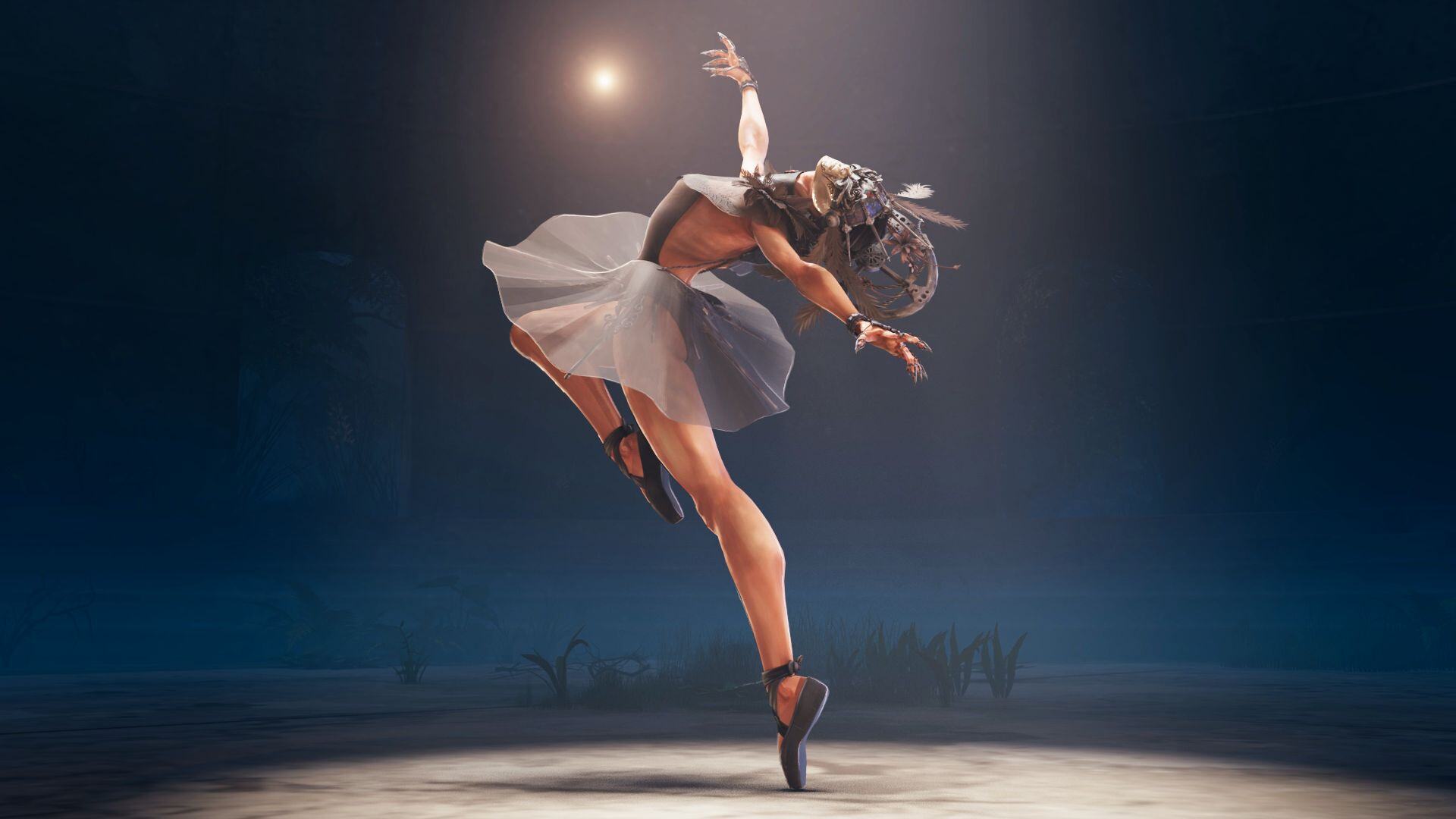
Your first semester introduces the fundamental subjects within 3D pipeline such as modeling, texturing, lighting, simulation, rigging, simple animation, rendering, as well as pre and postproduction. There are no exams in the 1st semester.
This semester focuses both on technical and artistic challenges you may face in a production scenario. This encourages a problem-solving and reflective approach to production.
-
Semester 2
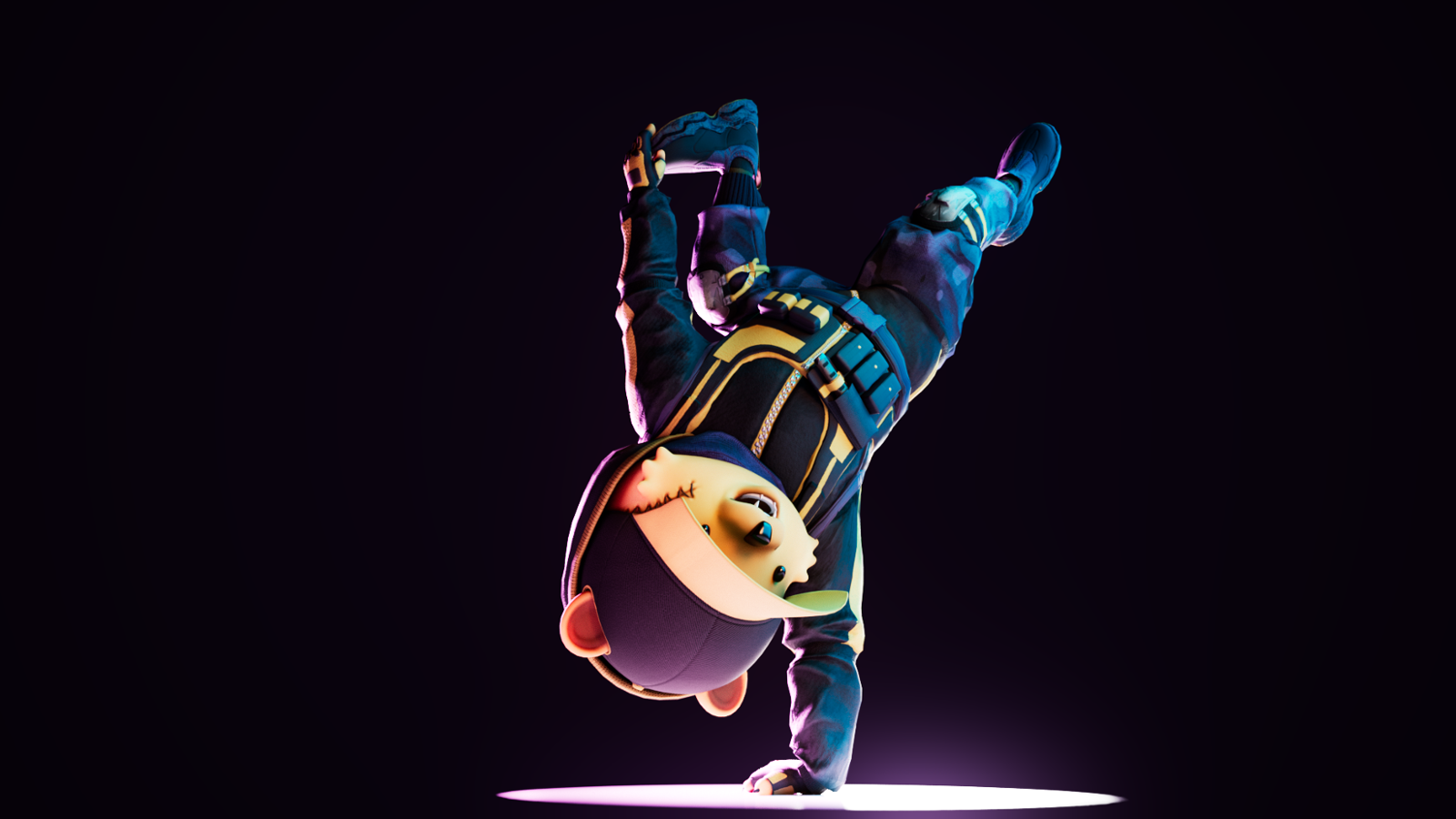 In this semester you build on your foundation and start to use these skills in the service of narrative. Specifically game worlds and animation short films.
In this semester you build on your foundation and start to use these skills in the service of narrative. Specifically game worlds and animation short films.Starting with character animation, you learn the fundamental skills for understanding and animating characters.
You then move onto the Unreal engine to lean how to produce an effective narrative environment. This includes understanding how to conceive, develop and produce effective virtual spaces as well as props, lighting and other design elements designed to lead players through a world, as well as a story.
Lastly students will learn to plan and oversee the production of a short film. The goals for the student are to learn how to utilise their theoretical knowledge, while working on a practical production course together with others, gain insight into the similarities, as well as the differences between producing a game and an animation. In game production the students are solely responsible for the entire pre-production, from concept and manuscript to story- board.
-
Semester 3 + 4
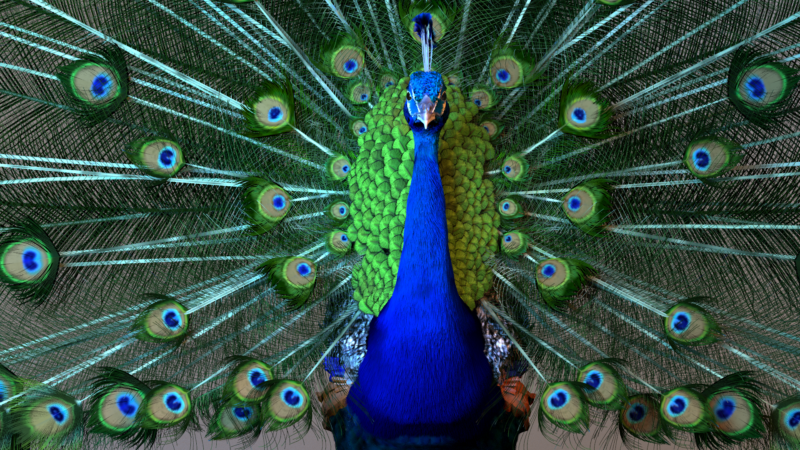
During this term we bring in highly specialised guest teachers from the industry to teach you several specialised subjects. The actual order of the subjects can change, as availability of industry professionals can affect the planning of the semesters.
Semester 3 and 4 aims to equip you with intermediate level knowledge and understanding necessary to their growing skills and project ambitions as a 3D artist in various stages of a production pipeline.
You explore and learn industry standard software packages and data pipelines necessary to not only work within a specific area, but also know how to pass work to someone else, and what to expect when work is given to you.
As with all our courses, this semester approaches this from a production, hands on approach, rather than a theoretical one.
During Semester 3 and 4 students also complete a new-technology project using augmented, or cross-reality technology, and a film project – often using external company’s IP.
The end of semester 4 has a mini-thesis exam, where you produce a piece of 3D work on a subject of your choice, and reflect on the processes us used to achieve that work.
-
Semester 5
Game Production
In this term you participate in a group project to develop a larger scale game, relying on their growing specialist skills. You learn to work collaboratively in a interdisciplinary team, leaning on individual strengths, navigating group dynamics professionally, while working within designated roles to ensure a quality product is achieved. Soft skills are as important as hard skills in this project and this semester presents a strong opportunity to develop essential skills like interpersonal communication, group diplomacy, and being assertive.
At the end of this semester the student teams have their games published on a digital storefront so that anyone can play them.
-
Semester 6
Thesis
During the term, you work on a chosen subject from within the programme, identifying and immersing yourself in a single 3D Arts based project for the duration of the semester. This requires a greater level of independence as you plan, research, and build, to complete your project.
The thesis project is an independent project, but this process is supervised. Each student may meet with a subject expert as a mentor for up to 10 hours during term time, for formative feedback, and academic or practical guidance on their work.
-
Semester 7
Internship
You will intern in one or more relevant companies, enabling you to apply your skills in a professional environment. The semester is concluded with a hand-in of a showreel demonstrating your work.
Why CADA?
AGILITY IN EDUCATION
We pride ourselves on our agility. Our curriculum is continuously updated to adapt swiftly to technological advancements, ensuring you're always at the cutting edge of the 3D digital arts industry.
PERSONALISED TEACHING APPROACH
We believe in teaching at eye level, tailoring our education to meet your unique needs and aspirations. Our approach ensures that your learning experience at CADA is as individual as your artistic vision.
DELIVERED BY INDUSTRY PROFESSIONALS
Our high-quality, practice-oriented education is delivered by industry professionals and mentors. This approach guarantees that you gain not just theoretical knowledge, but practical skills directly applicable to your future career in digital arts.
PROJECT BASED EDUCATION
Learning is driven by real-world projects. From concept to completion, you’ll work on assignments that mirror industry challenges, enabling you to build a robust portfolio and develop the problem-solving skills essential for success in the digital arts field.
Learn from the masters

Thomas Rodeschini
Effects Technical Director
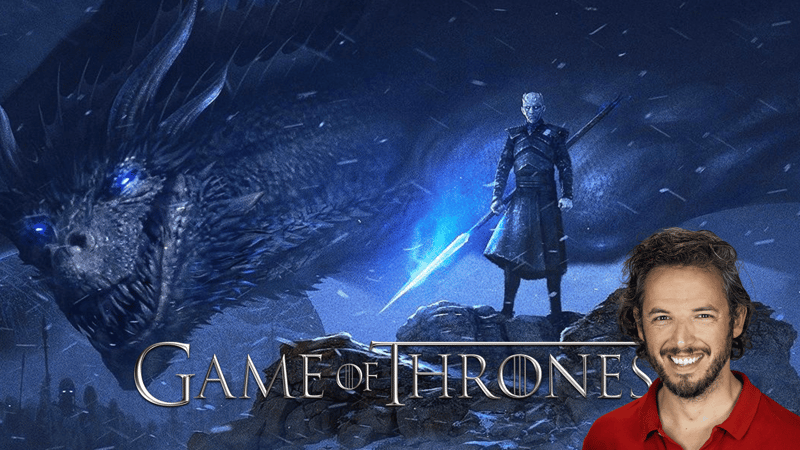
Jean Christophe
Senior Character Rigger
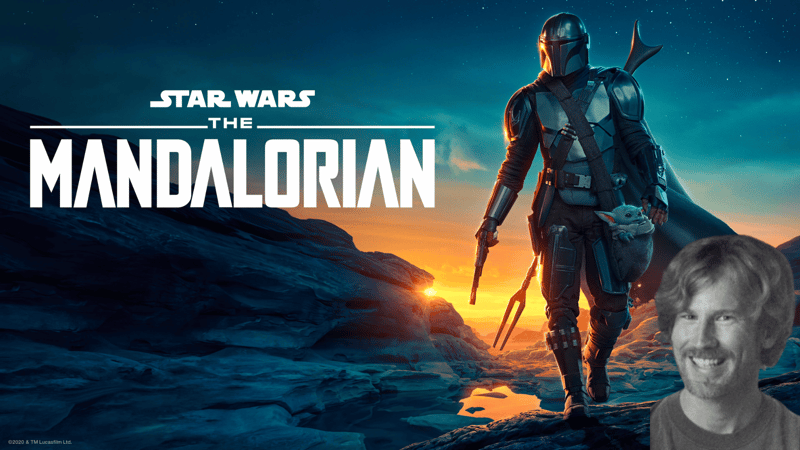
Michael Easton
Lead Animator
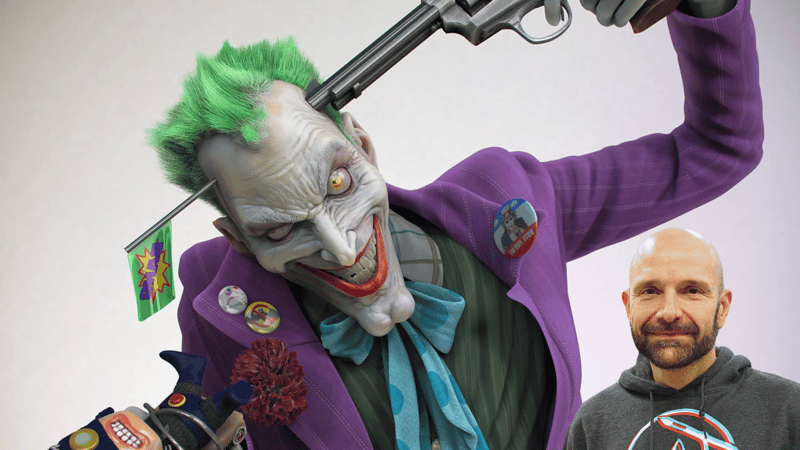
Daniele Angelozzi
Lead Sculptor
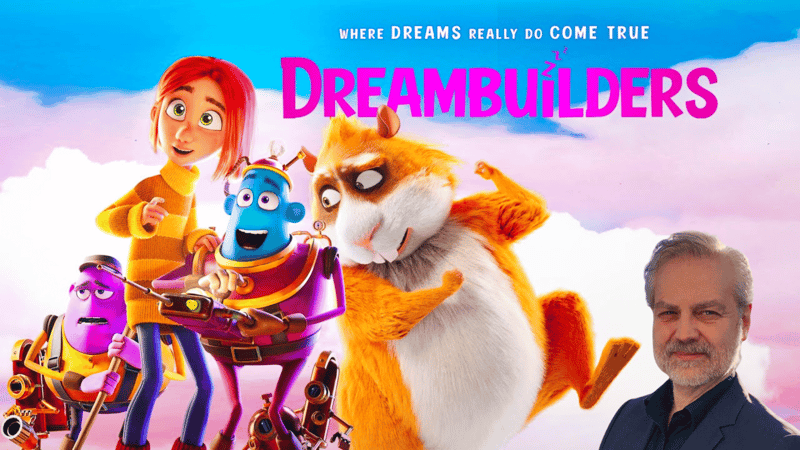
Kim Hagen
Film Director
Meet our people
Hear from graduates, current students, staff, and guest instructors through a variety of interview series that provide insight into CADA and the exciting journey towards a career as a 3D Digital Artist.
GRADUATES
Emil Burchard, Effects Artist at Ghost VFX
GUEST INSTRUCTORS
Jean-Christophe Rodier, Senior Character Rigger
Thomas Rodeschini, Effects Technical Director
Daniele 'Danko' Angelozzi, Lead Sculptor
Beck Selmes, VFX Supervisor
Staff and Students
Career opportunities and industry outlook
Why you should apply to CADA
The social life at CADA
Financing the education
TESTIMONIALS
My experience at CADA has been very fulfilling. I’ve met a lot of amazing people through the school and the projects we have done, which have opened gateways into the industry. But CADA has also helped me go from a basic skill set within 3D to a very advanced level. They helped me find my passion and supported me in pursuing it. For me, CADA is about the people you get to know, work with, and connect with.
Freya Tuwel Rasmussen
The amount of knowledge I have learned about the principles and work methods within the world of 3D here at Copenhagen Academy of Digital Arts is immeasurable.
Especially the teachers at the school who's previously worked in the industry has given me invaluable insight and know-how and what to expect when we enter the industry in the future."
Christian Just Skjøt
Attending CADA has been a transformative experience. I discovered that going to school doesn't have to be draining, it can be revitalizing and fun! Along the way, I made lifelong friends and valuable industry connections.
Marie Alsing
Mathias Gregersen
Signe Harremoës Feldstein
Studying at CADA has allowed me to explore a side of myself I’ve always wanted to know. Learning the many kinds of creativity that 3D has to offer, alongside like-minded people has been exactly what I needed to find my passion. Everything from the competitions to the collaborations has made me a better artist and team player.
Simon Kaarfast
At CADA, I was provided with a class full of like-minded people that I could learn and grow with. Being part of a community is very helpful when you're first starting out, as it also facilitates a lot of feedback.
Gregers Berth
When I started out at CADA I knew nothing about 3D or animation. They taught me everything I know within the field. Today I am an educated 3D Digital Artist, working in the games industry. At CADA I was part of various film and game productions, and I was taught by leading professionals from around the world. I worked with like-minded, passionate, and creative students and teachers, and some have become lifelong friends of mine. Attending CADA was a dream come true. I found an unending passion and newfound creativity within 3D arts.
Oliver Lundt
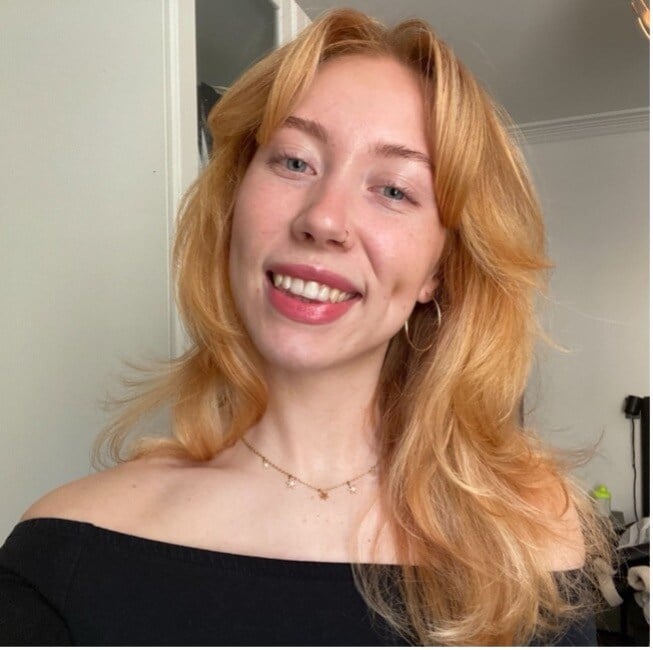


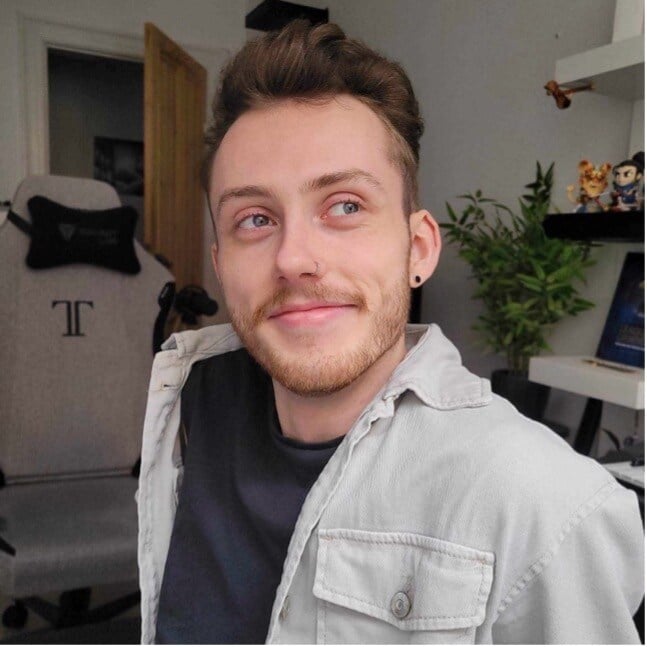
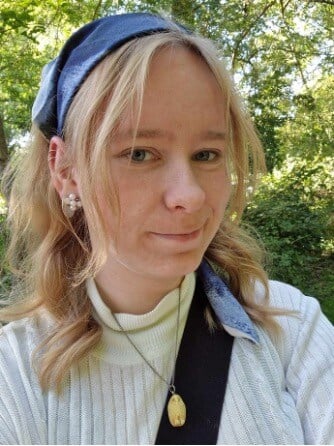

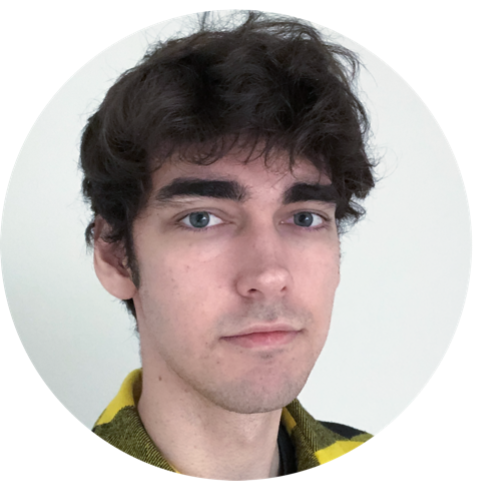

Tuition Fee
9,200 DKK
/mth
3D Digital Artist Diploma
For enrolment exclusively at CADA, the total tuition fee is 377,200 DKK (50,600 EUR). The tuition fee is spread over 41 monthly instalments, amounting to 9,200 DKK (1,234 EUR) per month.
9,950 DKK
/mth
3D Digital Artist BA (Hons) Degree
If you choose to enrol at both CADA and Abertay University, the total tuition fee is 407,950 DKK (54,700 EUR). The tuition fee is divided into 41 instalments, with each month amounting to 9,950 DKK (1,334 EUR).
Financial Aid: State Educational Grants (SU)
SU Income Rates and Financial Support Options
SU and SU-Supplement: As a private education provider, our students commonly utilise the SU and the available SU-supplement to cover a significant portion of their tuition fees. Learn more about the SU-supplement here. You must be a Danish or EU/EEA citizen to be eligible for SU.
SU Rates:
- For students living independently: 7,086 DKK per month.
- For students residing with their parents: Between 1,101 – 3,055 DKK per month, varying based on family income.
- SU-supplement: Up to 2,766 DKK per month, specific to private education.
In total you can get up to 9,852 DKK in SU. This isn’t a loan — it’s direct financial assistance from the Danish government to help you focus on your education.
SU-Loan: Additionally, students may opt for an SU-loan up to 3,625 DKK per month to further assist with expenses.
Please note, the SU rates mentioned are as of 2025 and subject to change.
Frequently Asked Questions
Are there any financial aid options available?
Yes! Our 3D Digital Artist education is approved by the Danish Ministry of Higher Education and Science, enabling our students to apply for the SU (state-funded student grant).
SU Income Rates and Financial Support Options
SU and SU-Supplement: As a private education provider, our students commonly utilise the SU and the available SU-supplement to cover a significant portion of their tuition fees. Learn more about the SU-supplement here.
SU Rates:
- For students living independently: 7,086 DKK per month.
- For students residing with their parents: Between 1,101 – 3,055 DKK per month, varying based on family income.
- SU-supplement: Up to 2,766 DKK per month, specific to private education.
In total you can get up to 9,852 DKK in SU.
SU-Loan: Additionally, students may opt for an SU-loan up to 3,625 DKK per month to further assist with expenses.
Please note, the SU rates mentioned are as of 2025 and subject to change.
How do I reserve my spot in the education?
Upon successful submission of your application and acceptance into the education programme, a non-refundable registration fee of 5,000 DKK (675 EUR) is required to secure your place. This fee will guarantee your spot and ensure your enrolment.
Can I apply if I'm an international student?
Yes, international students are warmly welcomed at our institution.
Please note, international students must secure permanent residency in Denmark on their own, as our status as a private institution limits our capacity to assist in this process. This requirement is particularly pertinent for non-EU residents.
Is there an application deadline for the education?
We have a rolling admissions policy for our programme, without a fixed application deadline. We advise submitting your application promptly once you decide to join, as enrolment is on a first-come, first-served basis among qualified candidates.
Are there any age limits for students wishing to enrol in CADA's programmes?
Our programmes, including the 3D Digital Artist education, have no age restrictions. Whether you're just starting your artistic journey or looking to enhance your skills later in life, we welcome students of all ages who are passionate about CGI, Digital Arts, and 3D.
Application Form
3D Digital Artist Resources
Contact our Student Counsellor
Phone: +45 70 27 77 87
Opening Hours: 09:00 – 15:00 CET

